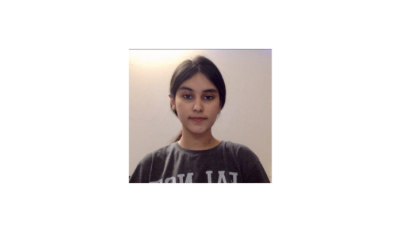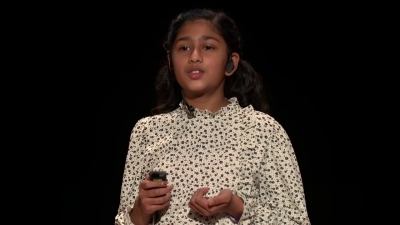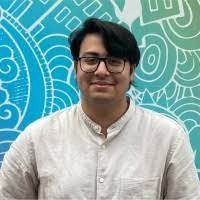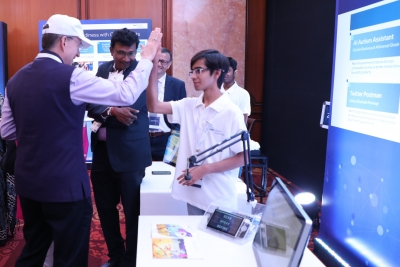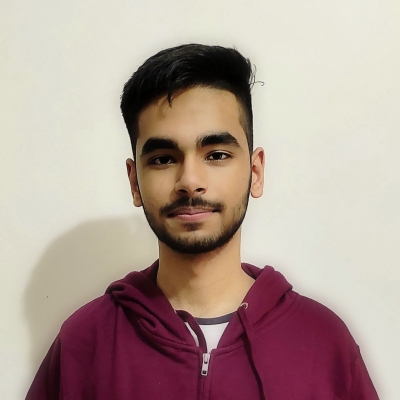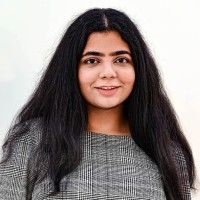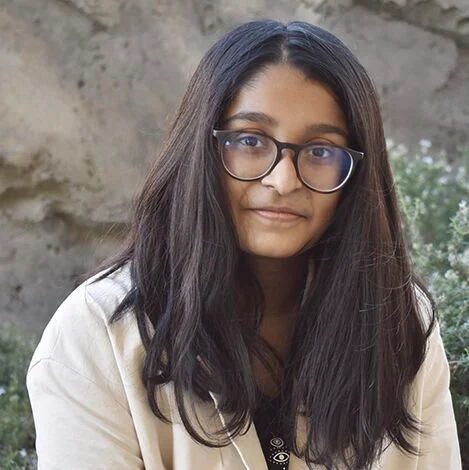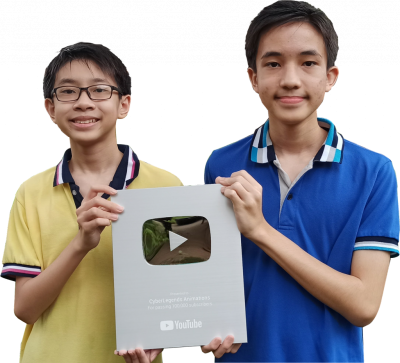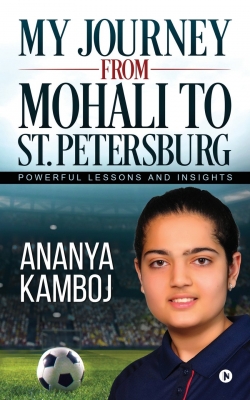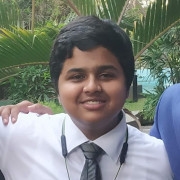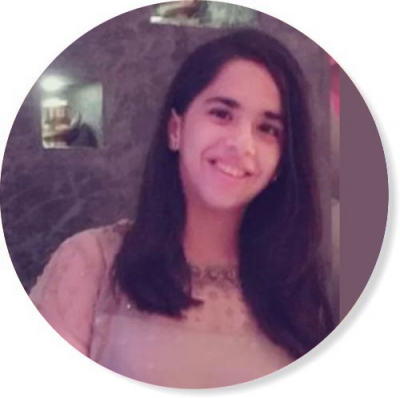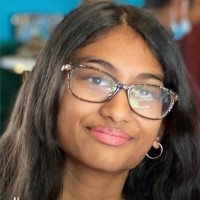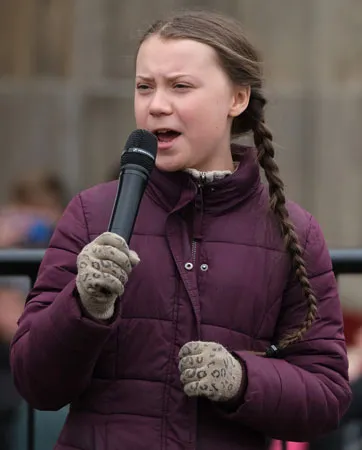Meet Ayushman Kalita, a grade 7 student who has been recognised as the ‘Young Author’ of the non-fiction science book "Black Holes in a Nutshell” by the Asia Book of Records.
What are black holes? How are they formed and what will happen if you go into a black hole? Even as the concept is lost on most of us because we are still exploring black holes, a 12-year-old has written a book and tried to explain black holes in simpler words. 'Black Holes in a Nutshell: The Hungry Matter no one can Escape' has fetched the young author a spot in the Asia Book of Records even.
Meet Ayushman Kalita, a grade 7 student who has been recognised as the "Young Author' of the non-fiction science book by the Asia Book of Records.
"Black holes are always mysterious. We do not really know a lot about them and this is what caught my interest," says Ayushman. And in his book, 'Black Holes in a Nutshell’, Ayushman has tried to explain the celestial object in a way anyone can understand.
"I have broken down the concept into a simpler format so that kids my age can understand," he says. The book is published by Orange Book Publication and is available on Kindle, Amazon and Flipkart.
It was during the pandemic that Ayushman started writing the book. Having read "The Theory of Everything" by Stephen W Hawking, Ayushman got inspired to write about black holes.
"The lockdown was a blessing in disguise for me. I spent the entire time writing the book," says Ayushman who studies at Orchids The International School-Koparkhairane.
The book was written using information available through books, instructional videos, and YouTube and was completed in a period of over six months. This is his third book. When he was nine, he wrote a book on rocket science titled "Sky Skip 0.2" which was followed by his second book titled "Morse Code". He says that he feels humbled after this rare feat. "My friends are all proud of me. My principal and teachers are very encouraging and I feel so humbled now. I have to keep going." he says.
Ayushman also has a YouTube channel titled "The Animation World" where he explains science and space concepts. Having learned animation by himself, the young boy uses the visual medium to explain concepts better. Ayushman also has a YouTube channel titled "The Animation World" where he explains science and space concepts. Having learned animation by himself, the young boy uses the visual medium to explain concepts better. Ayushman says that as students, one should always be in search of knowledge. "Science is very important. Always look forward to gaining knowledge. Change is constant. Everything around you keeps changing," he says. Ayushman's dream is to become a rocket scientist. "We are suffering on Earth with global warming.
The population is growing at a fast pace and we will need more space. We need to explore the habitability of other planets. I want to be part of that science exploration. I want to join NASA and after gaining enough experience, I will open my own space organisation in India," says an ambitious Ayushman.
Picture credit : Google
